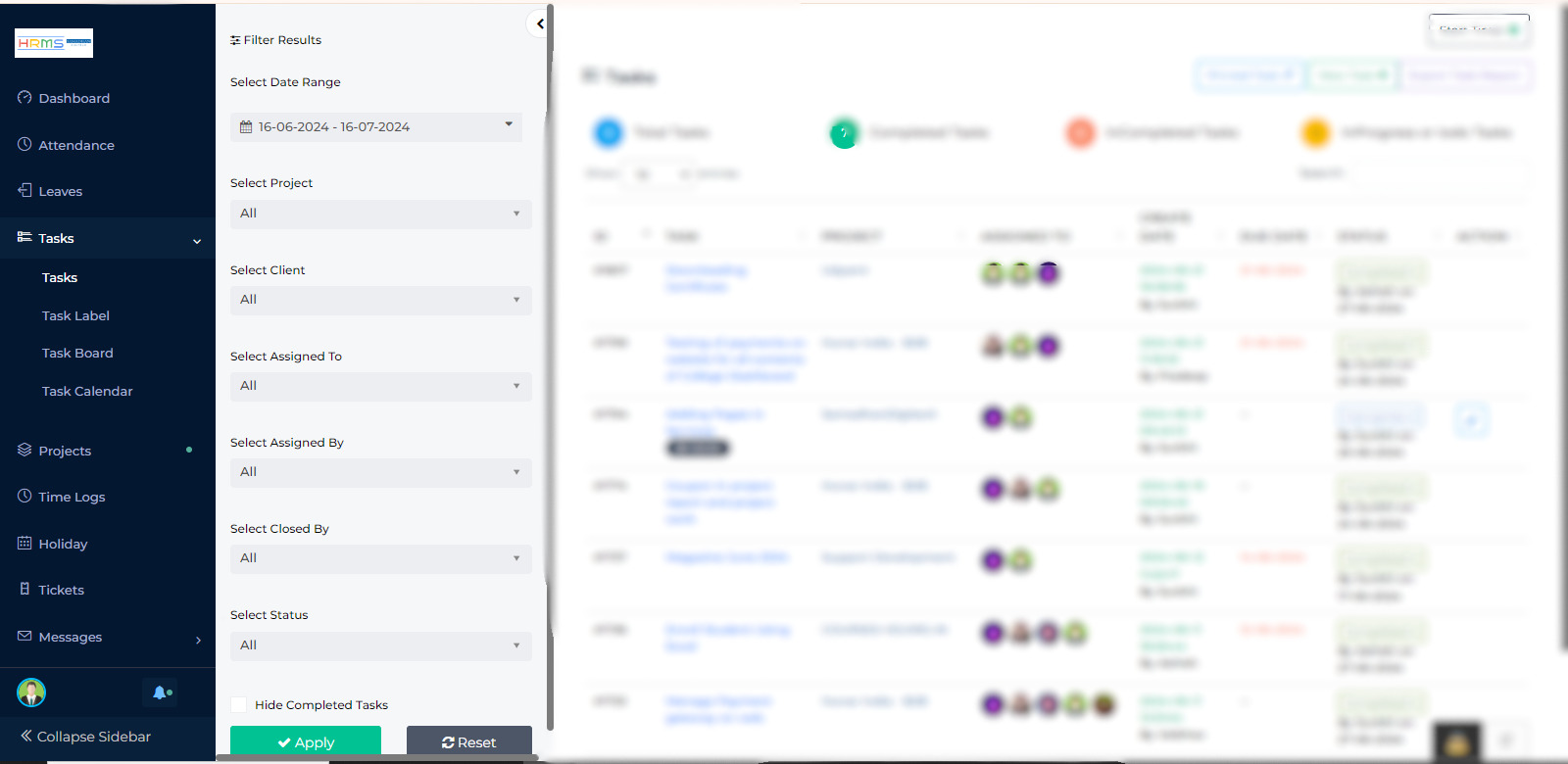
Project management software is used to plan, organize, and allocate resources for managing projects. It helps teams collaborate and keep track of the project’s progress while clearly defining tasks and responsibilities. It lets project managers control costs and time and allows smooth collaboration between stakeholders. To deliver projects on time, teams must keep everything organized particularly when there are multiple ongoing projects. Cloud project management software provides an overview of all the projects, helps prioritize tasks, and keeps everyone on the same page.
Project Management Software Features
Project Planning
- Gantt Charts: Visualizes project timelines, milestones, and task dependencies using Gantt charts, enabling project managers to plan and schedule activities effectively.
- Resource Allocation: Assigns resources (e.g., team members, equipment) to tasks and projects, optimizing resource utilization and workload distribution.

Collaboration Tools
- File Sharing: Facilitates seamless sharing of project documents, files, and resources among team members.
- Discussion Boards: Provides discussion forums or channels for team members to communicate, share updates, and collaborate on project-related issues.
Task Management
- Task Creation and Assignment: Allows users to create tasks, assign them to team members, set due dates, and prioritize tasks based on project requirements.
- Task Dependencies: Establishes relationships between tasks to manage dependencies and ensure tasks are completed in the correct sequence.

Progress Tracking and Reporting
- Real-time Updates: Tracks task progress, project milestones, and overall project status in real-time, providing visibility into project performance.
- Performance Metrics: Generates reports and dashboards to analyze project metrics, KPIs (Key Performance Indicators), and team performance trends.
Time and Expense Management
- Time Tracking: Records time spent on tasks and projects, helping to monitor productivity, analyze resource allocation, and estimate project costs.
- Expense Tracking: Tracks project-related expenses, budgets, and expenditures to manage project finances effectively.
Risk and Issue Management
- Risk Assessment: Identifies potential risks and issues that may impact project delivery and develops mitigation strategies to minimize disruptions.
- Issue Tracking: Logs and tracks project issues, facilitates resolution, and maintains a record of issue history and resolutions.
Integration and Customization
- Integration with Third-party Tools: Integrates with other business applications such as CRM (Customer Relationship Management), accounting software, and collaboration tools to streamline workflows.
- Customizable Workflows: Configures workflows, project templates, and task lists tailored to specific project requirements and organizational processes.
Security and Accessibility
- Data Security: Ensures data privacy, compliance with regulations (e.g., GDPR), and secure access controls to protect sensitive project information.
- Cloud-based Accessibility: Offers cloud-based deployment options for remote access, collaboration, and real-time updates from anywhere with internet connectivity.